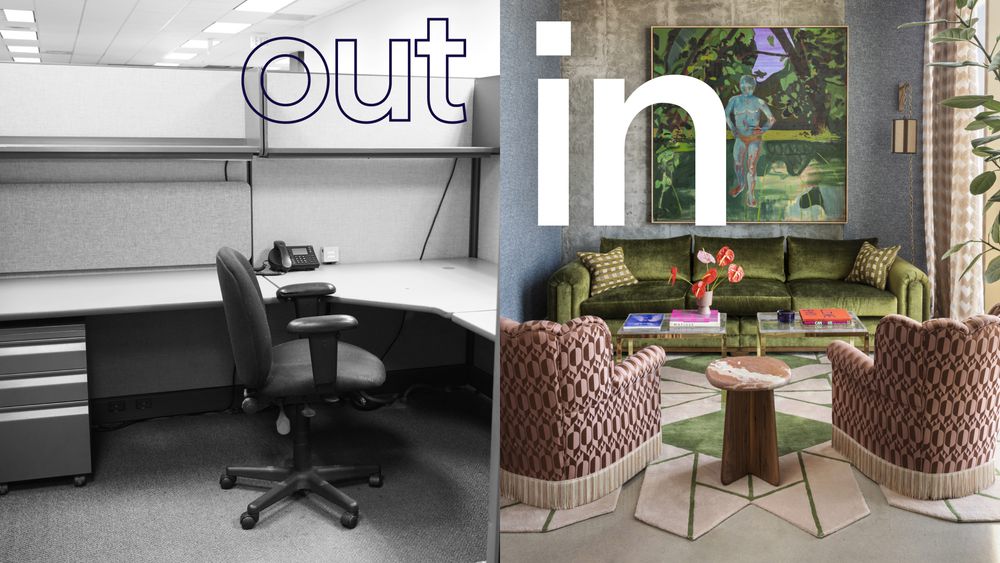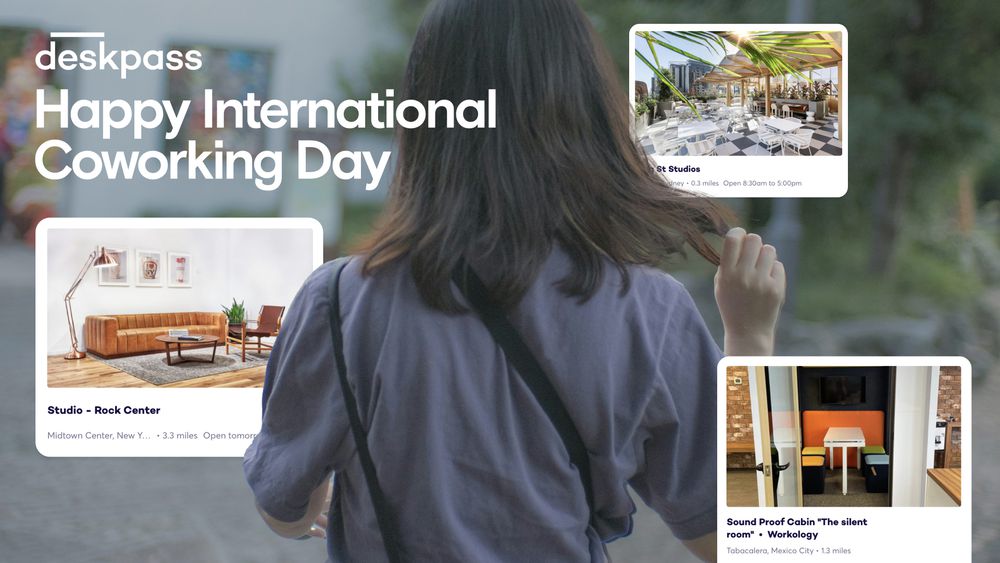The traditional 9-to-5 office grind is fading fast. Taking its place? The hybrid work model: a flexible approach that’s reshaping how we work and where we work. But with this newfound freedom comes a new set of obstacles.
How do you keep your team connected, engaged, productive, and happy when they’re scattered across different locations and time zones? Let’s take some cues from three companies who are nailing the hybrid game right now: Microsoft, Salesforce, and Slack.
Microsoft: Address the Hybrid Paradox Head-On
A tech giant that needs absolutely no introduction, Microsoft has long been at the forefront of innovation, and their approach to hybrid work is no exception. They’ve embraced flexibility and technology to create a work environment that empowers employees and drives productivity.
Microsoft’s hybrid work policy has evolved quickly over the years, recognizing that one-size-fits-all just won’t cut it in today’s marketplace. They’ve adopted a “hybrid paradox” mindset, acknowledging the value of both remote flexibility and in-person connection. To make their hybrid model work, Microsoft focuses on several key areas:
Flexible Work Options: Employees have the power to choose where they work best, whether it’s in the office, at home, or a combination of both.
Technology Investments: Microsoft Teams has become the backbone of their hybrid work strategy, facilitating seamless communication and collaboration across locations.
Well-Being Focus: Recognizing the importance of employee well-being, Microsoft offers programs and resources to support mental health and work-life balance.
Leadership Buy-In: Leaders at all levels champion the hybrid model, demonstrating its effectiveness to foster a culture of trust and flexibility.
Salesforce: Empowering Work From Anywhere
Known for its innovative CRM solutions, Salesforce is also a trailblazer in the hybrid work space. Their “Work From Anywhere” initiative reflects their commitment to employee autonomy and a flexible work culture, empowering employees to choose how, when, and where they work. At its core, the program gives Salesforce’s people the flexibility to design a work life that aligns with their unique needs and preferences.
Employee Autonomy: Employees are trusted to decide what work environment best suits their needs and working style.
Collaborative Spaces: Salesforce offices are designed to foster collaboration and connection, featuring spaces for team gatherings, brainstorming, and other social events.
Regular Check-Ins: Frequent team meetings and wellness initiatives help maintain strong connections and support employee well-being, even when working remotely.
Purposeful Presence: Salesforce encourages intentional in-person gatherings for team building and other critical moments that benefit from face-to-face interaction.
Culture of Inclusion: The "Work From Anywhere" philosophy creates an inclusive environment where everyone feels connected and supported, regardless of location.
Slack: Making Hybrid Work, Work
As a company built on communication and collaboration tools, Slack’s approach to hybrid work is naturally tech-forward and flexible. So, they’ve adapted their own work model to reflect the changing needs of their employees and customers.
Slack recognizes that the future of work is flexible and distributed. They’ve embraced this reality by prioritizing asynchronous communication, remote-first culture, and employee engagement. Here’s how Slack makes hybrid work, work:
Asynchronous Communication: Slack encourages communication tools that allow for flexible schedules and time zones, to promote inclusive, productive work environments.
Employee Engagement: The company invests in initiatives and programs that keep remote employees engaged, connected, and feeling like a valued part of the team.
Intentional Collaboration: Slack leverages its own platform to facilitate seamless communication and collaboration, regardless of location.
Flexibility With Structure: Well-developed guidelines and best practices for hybrid work allow for individual teams to adapt their working habits freely.
How These Companies Are Setting New Standards for Hybrid Work
These three companies aren’t just reacting to the hybrid shift; they’re grabbing the reins and steering it toward a future where work is more flexible and more productive—and more human. They’re raising the bar by:
Redefining Productivity: Forget clock-watching and presenteeism. These companies are proving that flexibility doesn’t mean a drop in output. By prioritizing results over rigid schedules, they’re empowering employees to work when and where they thrive.
Prioritizing Employee Wellness: From mental health programs to flexible work arrangements, these companies are prioritizing employee well-being as a cornerstone of hybrid success.
Investing in Technology: The “us vs. them” mentality between remote and in-office workers has got to go. Microsoft, Salesforce, and Slack are investing in technology that breaks down those barriers, fostering seamless communication and collaboration no matter where employees choose to work.
Embracing a Culture of Trust and Autonomy: Micromanagement? Outdated. These companies are building cultures of trust, giving employees the autonomy to own their work and make choices that fit their lives. The result? Higher morale, deeper engagement, and a surge in innovation.
Leading by Example: Perhaps most importantly, by boldly embracing the hybrid model, these companies aren’t just changing their own workplaces—they’re inspiring a movement. They’re showing the world that a more flexible, human-centered approach to work is not only possible; it’s essential for thriving in the modern era.
Thrive in the Hybrid Era: Find a Hybrid Workspace That Supports You
Microsoft, Salesforce, and Slack are leading the way in navigating the hybrid work model. They’re proving that flexibility and a focus on employee well-being are essential ingredients for success in the new world of work.
If you’re ready to discover the freedom of hybrid work, Deskpass Teams provides the flexibility and resources to support your success. Give your team access to a network of inspiring workspaces and unlock the full potential of hybrid working at its best.



